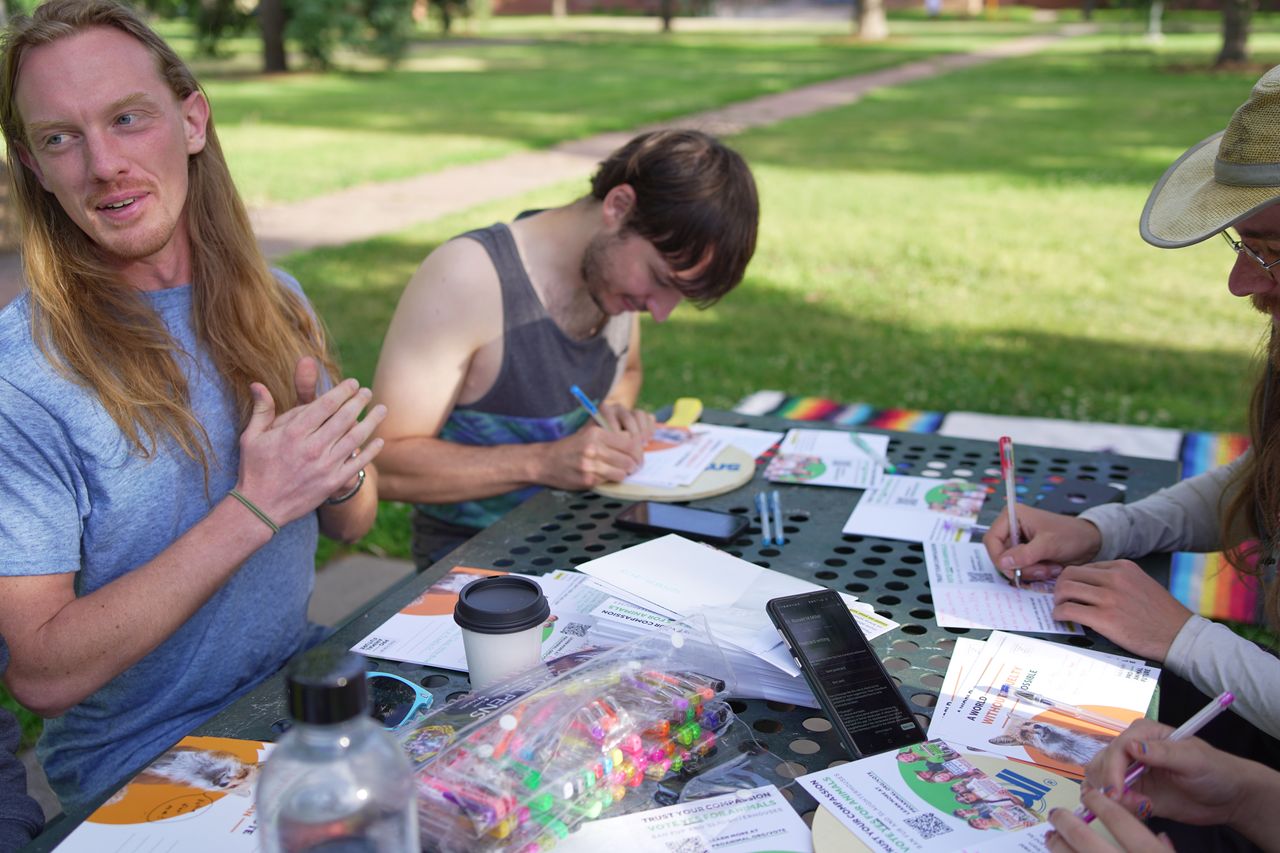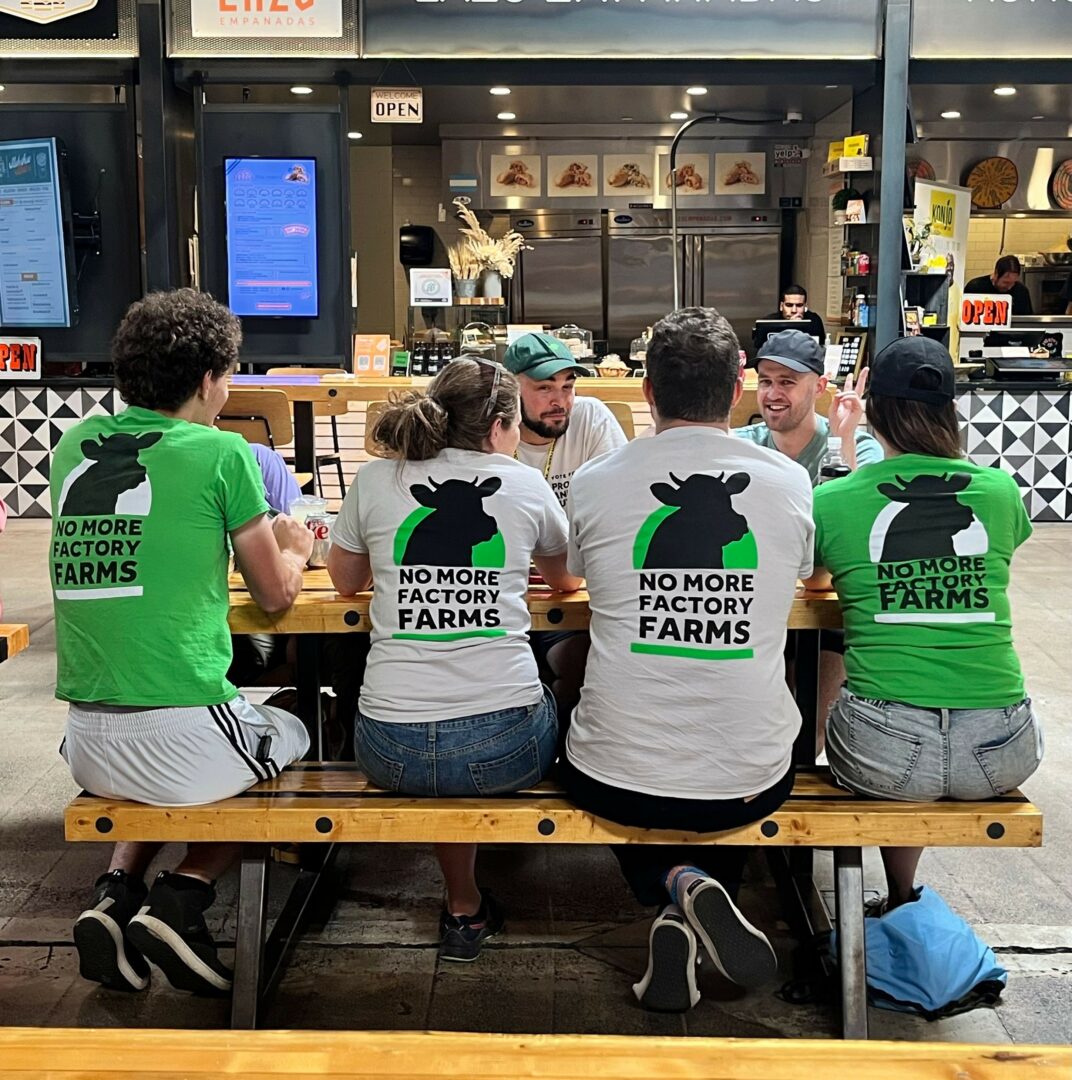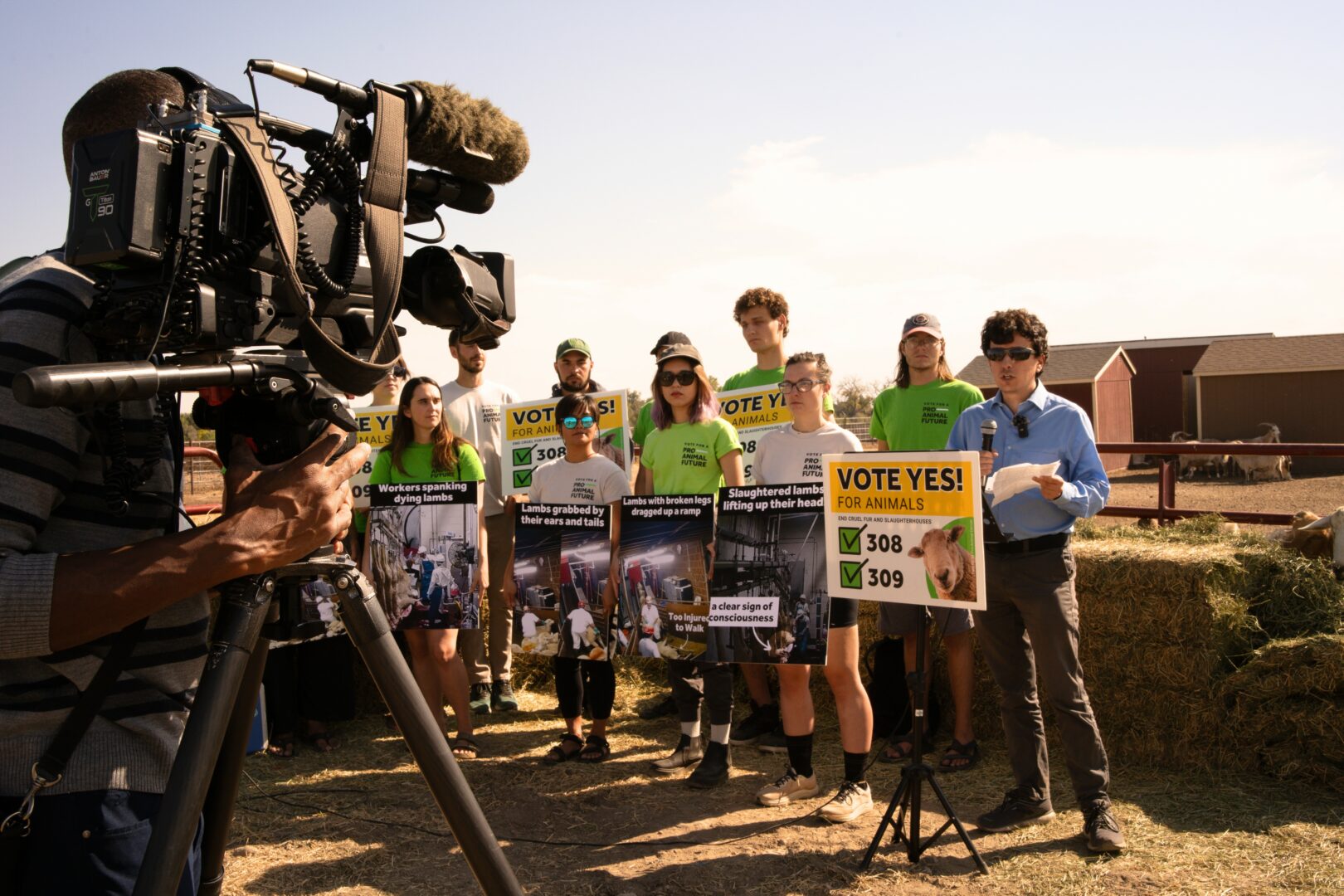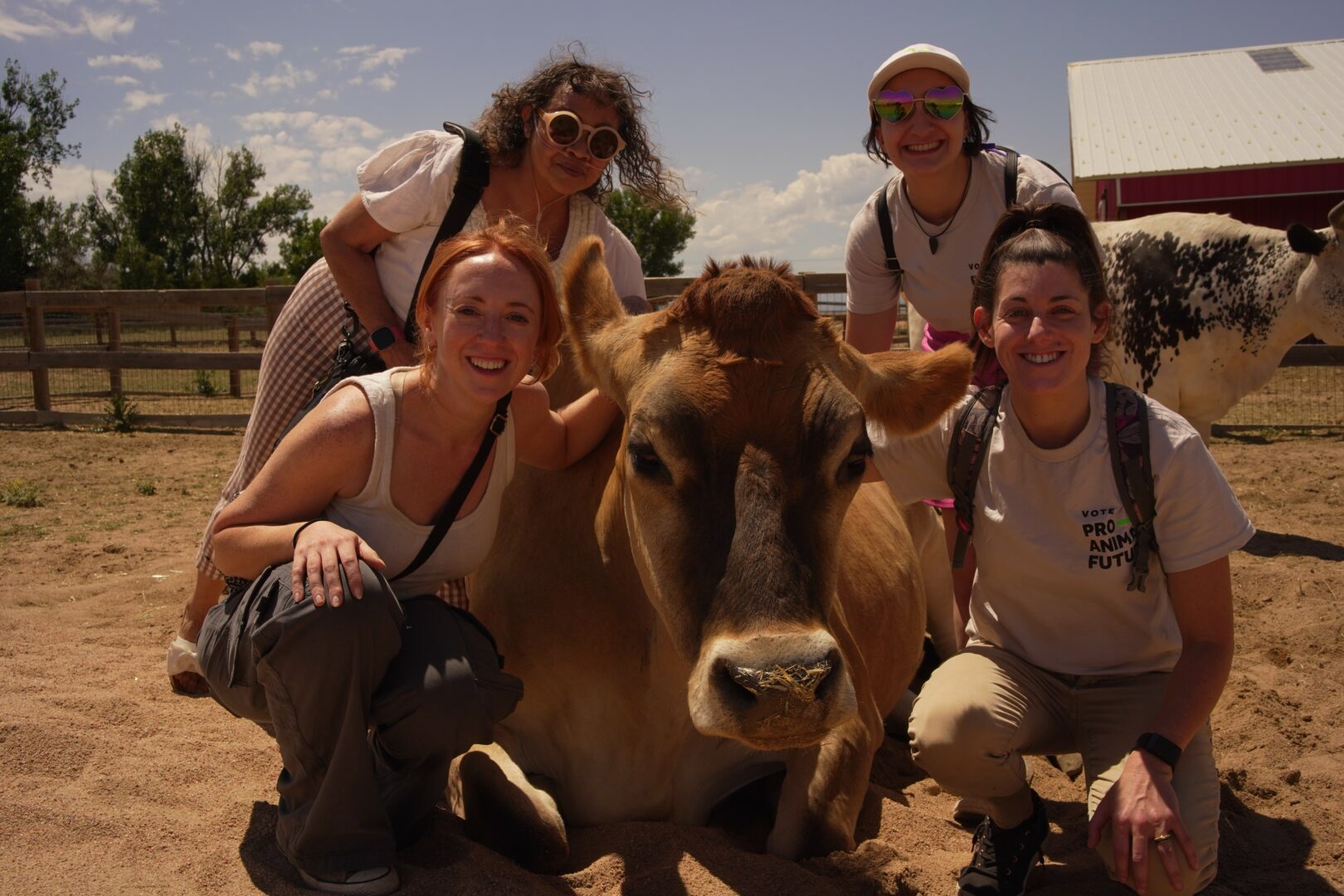We caught up with the brilliant and insightful Eva Hamer a few weeks ago and have shared our conversation below.
Eva, we’re thrilled to have you sharing your thoughts and lessons with our community. So, for folks who are at a stage in their life or career where they are trying to be more resilient, can you share where you get your resilience from?
Studying Nonviolent Communication and Sarah Peyton’s Relational Neuroscience helped me understand how much the way we speak to ourselves matters. I’ve been able to shift an internal monologue from one that was quite sharp and critical towards warmth and care. It’s important that we have our own backs, especially in the darkest moments. Throughout failures, mistakes, and exhaustion, we are responsible for being gentle and kind to ourselves in word, tone, and deed, just like we’d demand on behalf of others.

Great, so let’s take a few minutes and cover your story. What should folks know about you and what you do?
I lead organizing and policy for Pro-Animal Future, an organization dedicated to building a political movement to end animal farming. We run grassroots campaigns to transform public support for animals into law through citizen-initiated ballot measures and voter bloc organizing.
While the public is generally supportive of protection for animals used for food, the animal industries are very powerful and many people don’t feel like their actions can make a difference for animals. We’re excited about ballot initiatives as a political strategy because they provide an extremely accessible way for ordinary people to make a difference with their actions– by signing a petition, canvassing, and voting.
This allows us to engage in animal issues from our most powerful posture– as a united political movement of people who want the world to change for the better.

There is so much advice out there about all the different skills and qualities folks need to develop in order to succeed in today’s highly competitive environment and often it can feel overwhelming. So, if we had to break it down to just the three that matter most, which three skills or qualities would you focus on?
Organizational skills are the least sexy answer to shout out, but here I go. In highschool and college, I was always late, forgetting appointments, forgetting assignments, and distracted. Before getting a diagnosis of ADHD, I considered these traits either quirky and fun or a moral failure, depending on the gravity of the mistake I had most recently made.
We often don’t see all the organizational skills going into others’ success. If we don’t see them, we can assume that they aren’t an important factor. If we think they aren’t important for others, then we might be tempted to think that we can get by without developing them, and that will get us into trouble. The greatest thing about human cognition is its ability to externalize some of its operation through writing things down and collaborating with others. If you aren’t writing things down in a way that allows you to find what you need when you need it, then you’re not taking advantage of what your brain can really do.
I recommend the book, “Getting Things Done” for a comprehensive To-Do list system, and a mindset that any and every time you make a mistake related to information processing, you adjust whatever system you’re using so that exact mistake never happens again. That means the next time you show up late to something, you figure out what you need to not be late next time. The next time you lose an item, don’t meet a deadline, or forget a piece of information you wish you hadn’t, you’re going to problem-solve and adjust your system.
Social skills, like organizational skills, can be developed. It can be tempting to identify as an introvert and let that be your excuse to stay home and online, but real connections are made in the real world. As an activist who’s been charged with felonies for my rescue work, I can say that risking social rejection is the most acutely painful sacrifice I’ve made for the work, but it gets easier the more we do it. I talk to strangers in public now. It turns out that’s a thing a person can do, and it’s actually usually pleasant.

Thanks so much for sharing all these insights with us today. Before we go, is there a book that’s played in important role in your development?
Nonviolent Communication by Marshall Rosenberg set me on a path of years of study of Nonviolence, which helps me in all of my relationships, personal and professional. By bringing an awareness of universal needs into every conversation, and in particular understanding that people need empathy early and often, I’ve done much better in connection and conflict than I would have otherwise.
Contact Info:
- Website: https://proanimal.org
- Instagram: https://www.instagram.com/eva.hamer/
- Linkedin: https://www.linkedin.com/in/eva-hamer-887b5899/

Image Credits
Pro-Animal Future
so if you or someone you know deserves recognition please let us know here.




